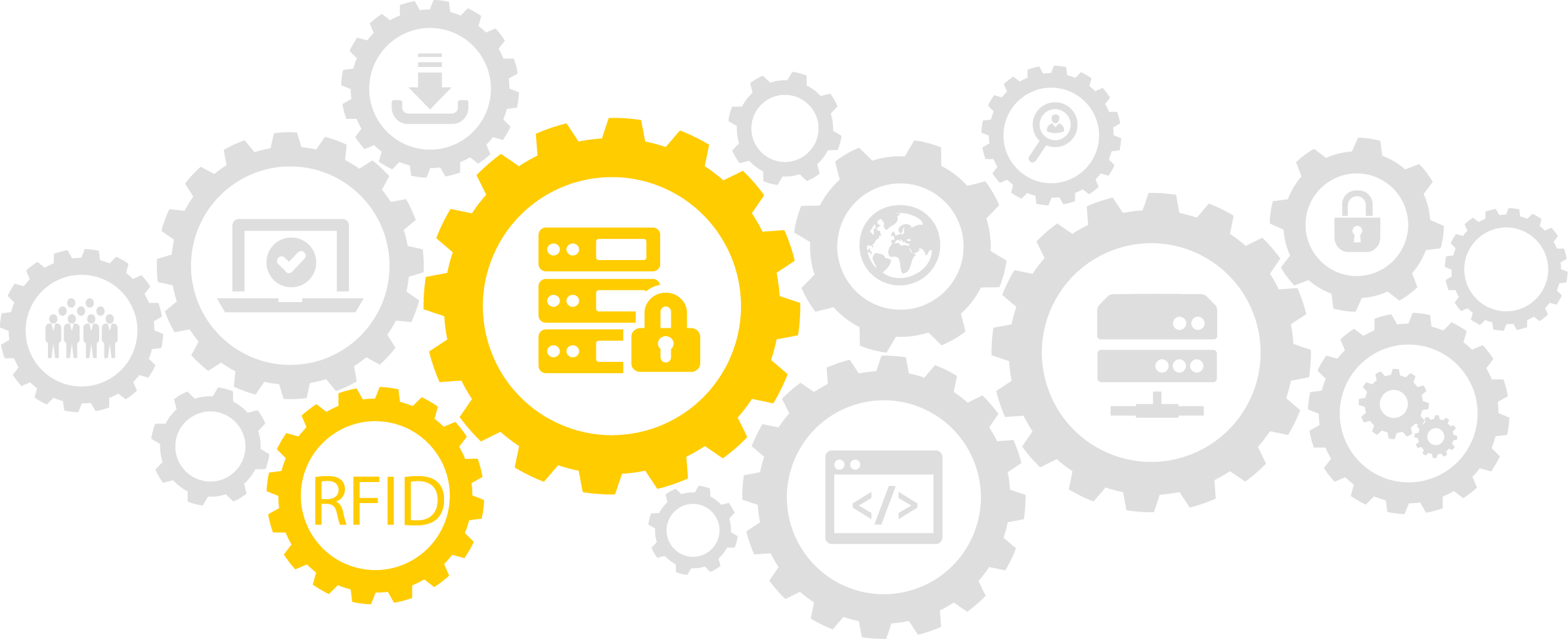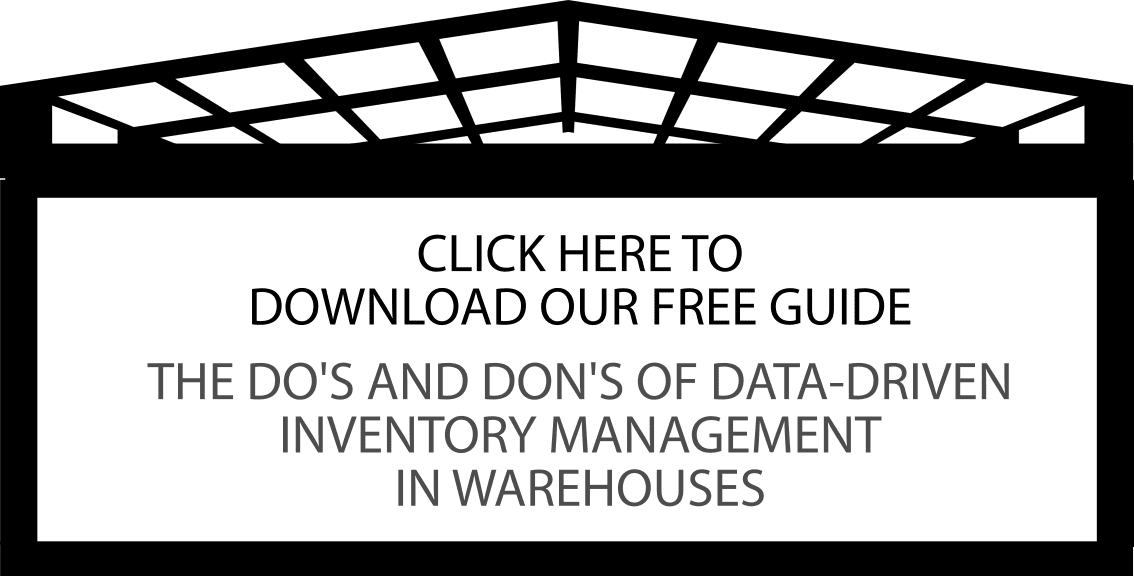Why you should consider RFID as a major Big Data source

We asked Heikki Haavisto, one of our most experienced RFID professionals, to share his experiences with RFID benefits and Big Data.
Over 250 visited companies, discussion with about 1000 – all around the world – let’s learn from Heikki!
During my career in selling RFID systems, I have visited over 250 companies around the world and had discussions with around 1000 companies. All of these companies have been thinking of implementing RFID into some area of their manufacturing or supply chain. At some point you notice, that many companies have same false assumptions on how RFID works or how RFID should be used to find lost assets. For this reason, I’ve decided to write a blog series about “Busting RFID myths”.
In this second series I will discuss the difference between the planned benefits and the real – usually far wider – benefits that RFID eventually brings to a company
At Turck Vilant we have delivered more than 1000 RFID implementation projects to our customers. An RFID system is typically a sizable investment, so a good ROI calculation is usually made to convince management on the project. When our customers calculate their ROI they include savings from the obvious sources such as less manual work, less errors, less inventory space required, faster production throughput times etc. However, what I have noticed is that the true benefits can only be calculated after the RFID system has been up and running for a year or two. That is when our customers really start improving their operations by utilizing the data captured by the RFID system.
To start with – many use RFID to clarify the present
It is the nature of RFID to bridge gaps between enterprise business systems. Oftentimes different Manufacturing or Enterprise Resource Planning (ERP) tools lack visibility to changes in stock availability data often stored in a separate Warehouse Management System (WMS). When implementing RFID Systems, typically this is fixed by the integration of the RFID System to all the different IT tools the companies use. However, the data in the ERP or WMS only gives us information on the present status. We learn little.
The real long-term RFID benefit is the ability to learn and develop operations based on actionable data
When our customers start analysing the Historical Data stored in RFID system, they can for example compare different supplier performances to each other, determine the best set up for own production machines and plan their preventive maintenance to be most cost effective.
RFID role as a Big Data Source
Typically Big Data is described to be voluminous, fast changing, having various sources and being in different formats. The major motivation to work with Big Data derives from the promise that one shall improve ones performance by understanding the world better. But as the sources are varied and in different formats, the data must be worked upon for it to make sense that is to offer learnings.
RFID is just one data source to Big Data. It can either act alone to produce actionable data or the RFID event data can be fed to business intelligence application that helps the company to organize all their collected data to act upon later. Although the best results are always gained when using several data sources, the RFID data base alone saves money for several Turck Vilant Systems customers.

Here are some examples of actions taken by our customers based on their RFID history data
- Optimized picking routes in warehouse > decrease in labour needed
- Re-organizing floor space > significant space savings
- Recognizing differences in supplier performance > reinstructing suppliers or changing suppliers to best performing ones
- Introducing new set up to production machines > better production quality
As a conclusion, the gain from the RFID system is nearly always much more than the initial ROI calculation will suggest. You can never fully anticipate the true impact of RFID in your initial ROI calculation. This you can only learn from the data collected.
So, I claim that RFID is an awesome tool to remove waste from your operations, but just how much, well you will only know after one or two years when you can measure the true state of the renewed operations. So RFID does not just bring the benefits initially planned, it does more. Myth busted!
![]()
Questions on RFID?
Contact us with this form.
With more than 15 years of experience we are the company to kick start your RFID system project. Don’t hesitate to leave your contact details below for our experts to contact you for more information on our Solutions and Refences. You can also find the direct contact details of our Sales team here.

